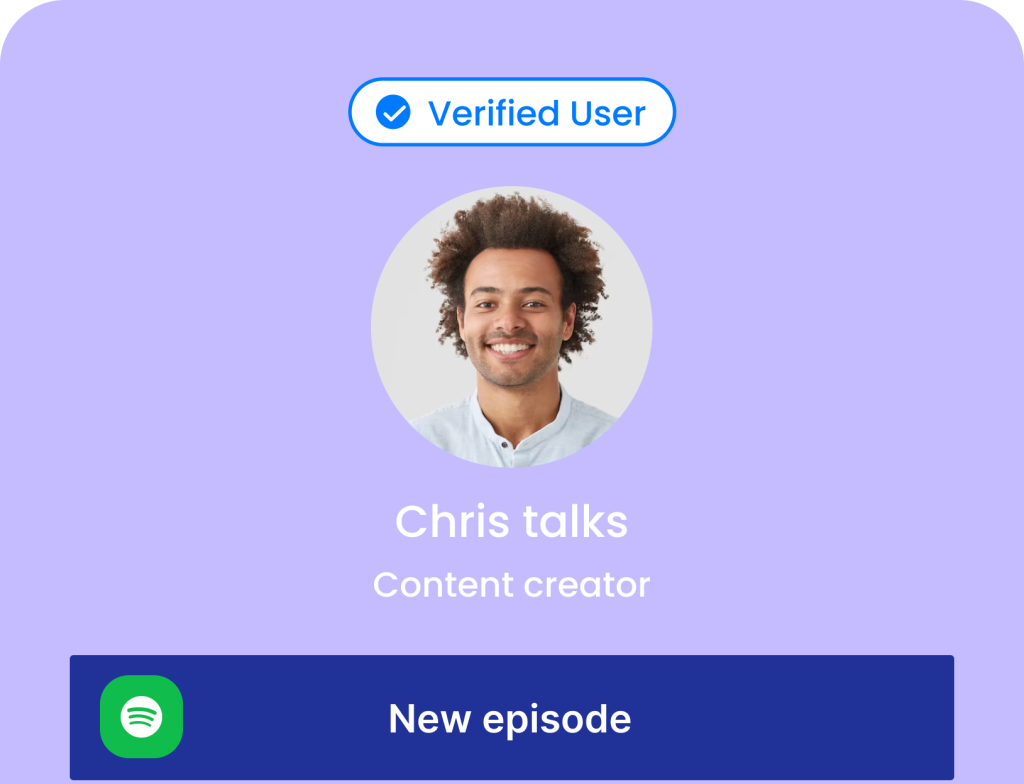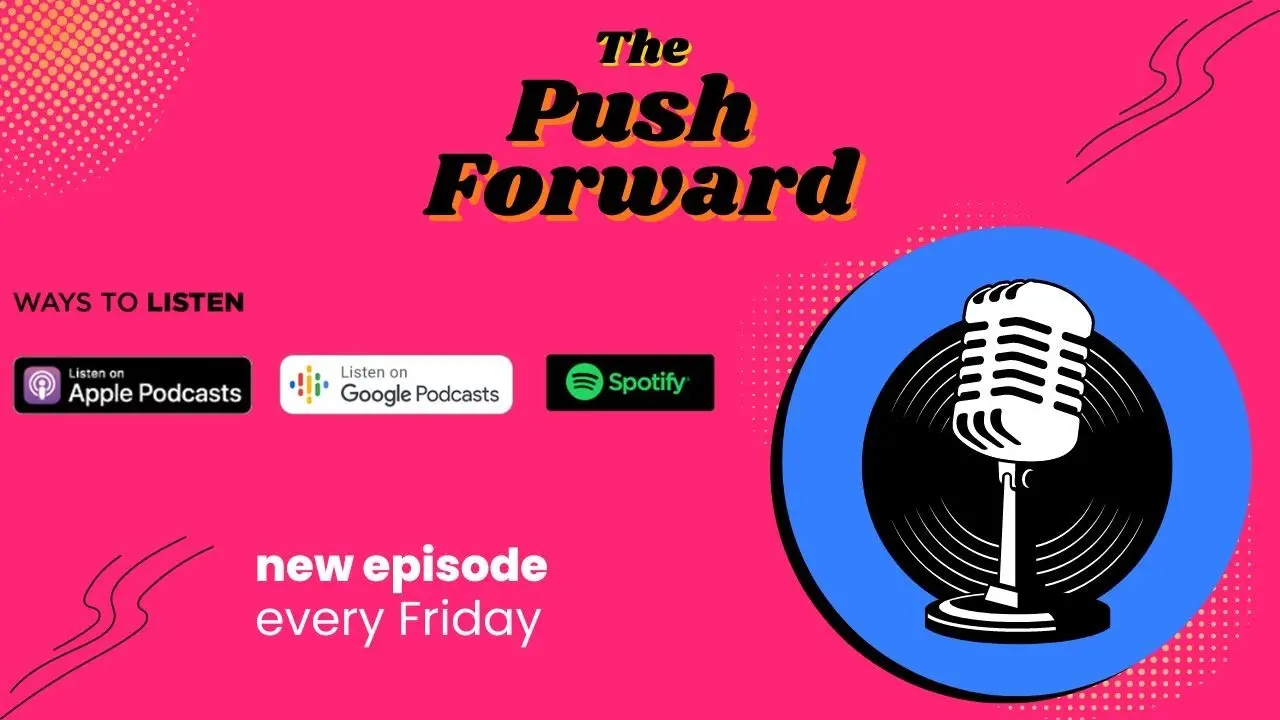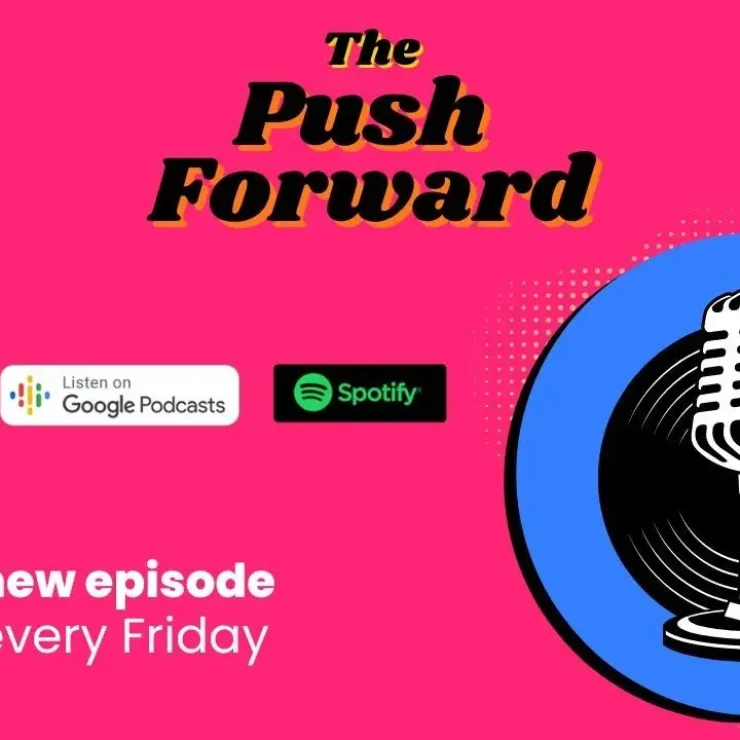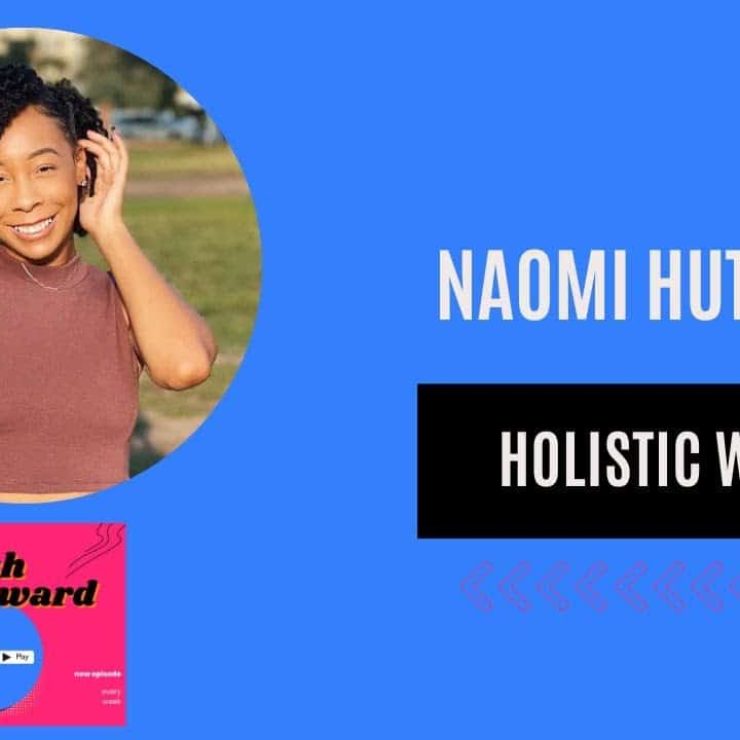Here’s the transcription of the video:
Hey everyone, welcome back to our podcast. Now, I know whether you are a marketer, an influencer, a podcaster, a musician, or a streamer, and there are so many more subcategories that I’m not going to mention on this podcast that we interact with on a daily basis.
Create your own free link in bio page
Ready to simplify your online presence?
With Pushbio, you can;
- Link all your social media profiles together effortlessly.
- Showcase all your content, products, and services in one space.
- Share everything through a single link.

Create your own free link in bio page
Ready to simplify your online presence?
With Pushbio, you can;
- Link all your social media profiles together effortlessly.
- Showcase all your content, products, and services in one space.
- Share everything through a single link.
There are so many categories, right? Tech reviewers, event planners, recipe creators. If you go on YouTube, TikTok, Instagram, all the different platforms, and you look to categorize all the different types of creators, there are so many cool categories out there.
Content Creation: Everyone, I mean, I shouldn’t say everyone, not everyone is creating amazing content. I myself am guilty of having sometimes not created great content.
You know, because it is a test and learn type of a thing that you do when you’re creating content, whether for a brand, a product, or a project that you’re doing, just like we’re doing here with this podcast.
You know, what you do is you create it, you build your concept, your brief, the name, the description, and then you put it out there.
Just like we’re doing with this podcast. And as soon as you can get some traction, meaning people who are absorbing your content, then you come back to those people and you ask them what did they like or dislike about the type of content, and then you iterate based on that and you optimize the experience. And that’s ultimately what that is about.
Choosing a CMS: But for today’s episode, what I want to talk to you about is what content management system you should choose to host your website on.
There are so many Content Management Systems out there, depending on your needs. And you’re going to find that there are some specific Content Management Systems that are aimed directly at a specific niche or vertical, right? Whether you are an artist, a podcaster, or any of the other types of categories within that Creator ecosystem.
But what you’ve got to find out is what is the best platform that you can work with that is user-friendly, is not going to cost you an arm and a leg, and it’s going to be expandable, meaning as you grow, you don’t have to redesign that entire website over and over and over again.
Rent vs. Own: So you know, you have really two big options to start off with. Do you want to pay for a website where you’ll never own the design and development, or do you want to design a website where you always will own the website content, design, and everything else that you’ve put into it? So the difference there is systems like Squarespace, Wix, Shopify, GoDaddy, just to name a few, those are more what I would consider “rent a website.”
You are getting the Content Management System along with the ability to host the two in one. So you’re not having to choose a host and choose a Content Management System, right? So there’s a lot of pros, a lot of advantages to doing it that way if you’re a busy creator, you don’t have time.
But the downside, the biggest downside, you will always pay for the platform as prices go up, and as you get more users coming to the website, your monthly fee or yearly fee will go up. You have no control over that.
E-commerce: But you know, if it’s a robust platform like Shopify, there is another big advantage to that, especially if you’re doing e-commerce. Then for that, there’s a lot of plugins and apps that are connected to Shopify by third-party app developers that can really help you collect reviews, create content, and do so much more.
So I am a fan of Shopify when it comes to e-commerce. But if you’re not selling products, if you’re selling just digital services, digital products like courses, or digital services like consulting or coaching, I’m not a fan of going with those Content Management Systems like Squarespace, Shopify, or those.
WordPress: I’m much more of a fan, and when I say I’m a fan, it’s my experience over the last 15 plus years in marketing, that you want to own as much of the technology as you can.
Clearly, you’re not in the business of building software if you’re a creator, but if you could build certain foundations for your business, and if your business is mainly online, you don’t want to build something that should the platform raise prices on you tomorrow, or double or triple, then you have to walk it backward and say, “Oh boy, now I need to either take it or rebuild it all over again.” So this is why if you’re a solopreneur, specifically a solopreneur, whether you’re an influencer, a musician, a blogger, or a photographer, any of those creator categories that we talk about here, listen, go with WordPress. WordPress powers more than half the users in the United States.
There are big websites like the CIA, Facebook, Vogue, and others who have hosted many of their websites using WordPress. Now, I don’t mean wordpress.com, that’s owned by the company Automattic. I mean wordpress.org.
You simply would hire a developer or designer on a platform like Upwork or LinkedIn. You hire a developer, and you say, “Hey, I want to design a website in WordPress.” They’re going to give you different themes, you’re going to choose the theme.
The only thing that you’re going to have to pay beyond the design and development of that site for that developer, the only thing you’ll pay beyond there is the hosting, right? And the hosting you’ll pay directly with whoever you choose, whether you choose Google, Amazon Web Services, or some of those maybe too robust if you’re a solopreneur.
You probably want to go with something smaller like Flywheel or SiteGround. But there are thousands of companies that do hosting, and so it’s not that difficult to find one.
Conclusion: But if you’re a creator again, and you’re trying to choose the right content management system to host all your content feeds, your blogs, and you want to do all of that, you’re going to have the most control when you build a website that is expandable, doesn’t cost you an arm and a leg, and allows you to update very easily without having to sit on hold with support, whether it’s GoDaddy or Wix.





